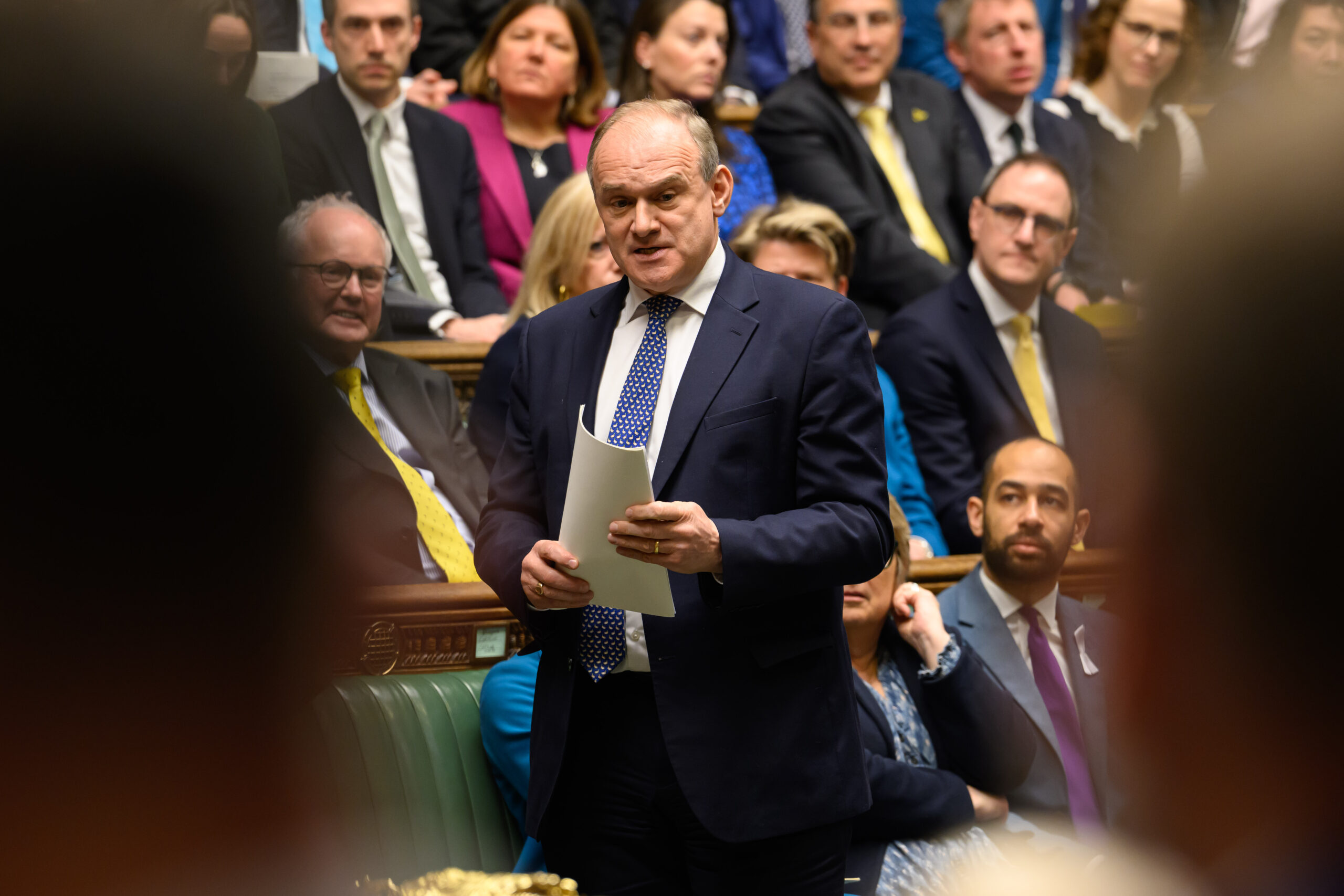
Just before the Spring Statement, the government addressed questions on whether mobile phones should be banned schools. The House of Commons also debated intelligence with the United States following a security breach involving a leaked group chat from the White House.
Education
This week, Prime Minister Sir Keir Starmer took questions from Leader of the Opposition Kemi Badenoch regarding a potential ban on mobile phones in schools. Badenoch asked “Why did Labour MPs vote against banning phones in schools last week?” The PM dismissed the proposal as “completely unnecessary” and argued, “the battle is not with schools already banning phones; the battle—an important, emerging battle—is to work together to ensure that the content that children are accessing, wherever they are, is suitable for their age.”
The Department For Education had previously issued guidance February of 2024 under the last government, stating that mobile phone use should be addressed in school behaviour policies and that “it is for school leaders to develop and implement a tailored policy on the use of mobile phones and other similar devices.” In October 2024, under the new Labour government, a further statement reiterated this stance: “An outright ban of phones in schools isn’t necessary because headteachers already have the power to ban phones in school. Most have chosen to do so.”
A report from the Lords Library claims that studies have shown that mobile phones have the potential to be distracting in a school environment. According to the BBC, only 1% of schools currently allow students unrestricted phone use. Given Labour’s majority of 158 seats, it is unlikely the conservative push for the ban will gain Parliamentary improvement.
U.S. Intelligence
Liberal Democrat Leader Sir Ed Davey raised concerns about British intelligence security, particularly in light of recent events in the United States. He questioned the implications of “President Trump’s relationship with Vladimir Putin and JD Vance’s insulting disdain for Britain and our armed forces,” and called for “an urgent review into the security of the intelligence that we share with the United States.”
Davey’s concerns were prompted by the recent security lapse in which a journalist was inadvertently added to a Signal group chat discussing military operations in Yemen. Signal is a widely used encrypted messaging platform. The chat, titled “Hothi PC small group,” contained details about planned strikes against the Houthis, justifications for military action, and criticisms of European defense contributions. The breach was exposed by Jeffrey Goldberg, editor of The Atlantic, leading to backlash from the MAGA movement.
In response, Prime Minister Starmer defended intelligence cooperation with the U.S., stating: “We work with the United States on a daily basis … unpicking our relations with the US on defence and security is neither responsible nor serious.”
The key concern in this incident was that classified targeting information was shared with an unintended recipient, raising questions about operational security. Additionally, the exposure of intelligence operatives’ personal data has intensified worries about the handling of sensitive communications.
Edited by Elizabeth Strassheim
Image: Ed Davey MP (Kingston and Surbiton, Liberal Democrat) by House of Commons via Flickr // CC BY 2.0



Average Rating